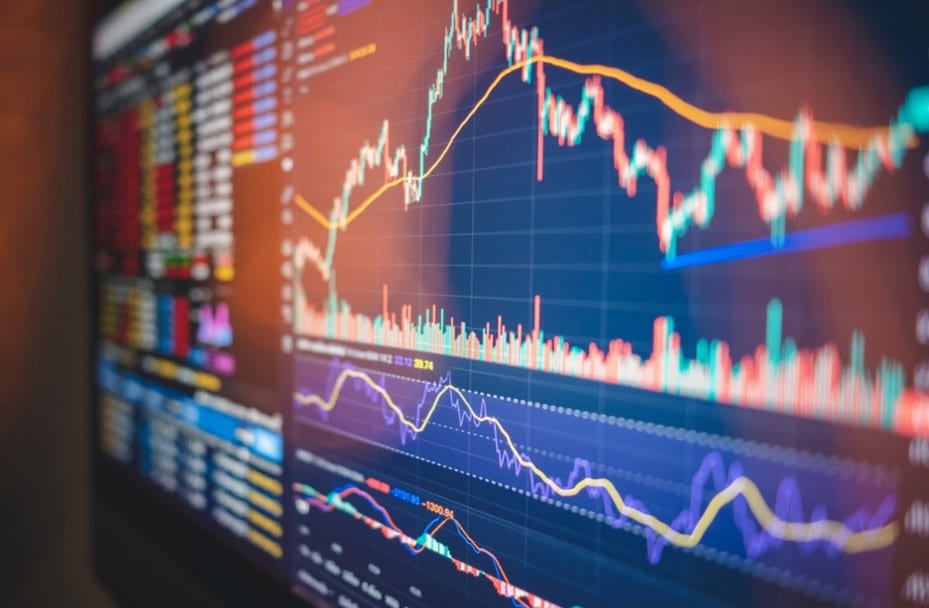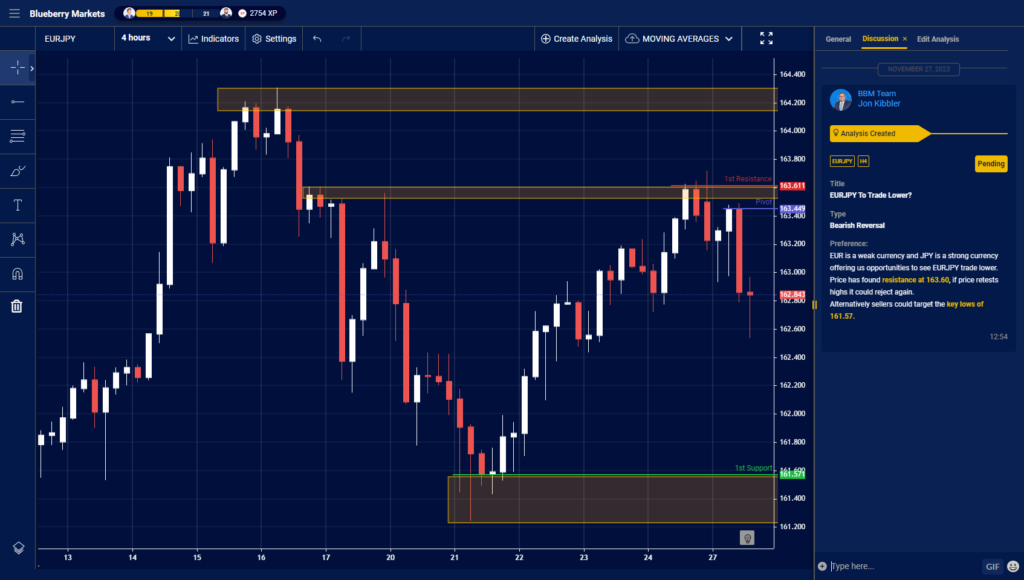Who Controls The Forex Market?
The foreign exchange market, commonly known as the forex market, is a decentralized global marketplace where currencies are traded. It’s an essential financial domain that powers global commerce and investment. But, who are the key players driving this trillion-dollar market?
Central Banks and Their Monetary Policies
Central banks are among the most significant powerhouses in the foreign exchange market. Institutions such as the Federal Reserve in the United States, the European Central Bank, and the Bank of Japan, influence the market through their monetary policies. By adjusting interest rates, implementing quantitative easing, and executing foreign exchange interventions, central banks aim to stabilize their respective currencies. Their decisions can lead to significant fluctuations in currency values, and traders closely monitor these actions to make informed trading decisions.
Role of Commercial Banks and Financial Institutions
Commercial banks and financial institutions play a crucial role in the forex market. These entities facilitate currency transactions for their clients, including corporations, governments, and individuals. Major banks like HSBC, JPMorgan Chase, and Citibank, engage in foreign exchange trading both on behalf of their customers and for their proprietary trading desks. Their massive trade volumes provide liquidity to the market, making it easier for other participants to execute their trades seamlessly.
Multinational Corporations and Global Trade
Multinational corporations (MNCs) significantly impact the foreign exchange market through their cross-border trade activities. Companies like Apple, ExxonMobil, and Toyota need to convert currencies to pay for goods and services, invest in foreign operations, and manage currency risk. Their large-scale transactions can affect currency supply and demand dynamics.
Hedge Funds and Speculative Traders
Hedge funds and speculative traders are key participants in the foreign exchange market, aiming to profit from fluctuations in currency prices. Hedge funds, such as Bridgewater Associates and BlackRock, use sophisticated strategies and high leverage to maximize returns. These traders analyze market trends, economic indicators, and geopolitical events to predict currency movements. While their speculative activities contribute to market liquidity, they can also introduce volatility as large positions are taken and unwound.
The forex market is a complex ecosystem controlled by various entities, from central banks and commercial banks to multinational corporations, hedge funds, and retail traders. Each of these participants plays a unique role, and their collective actions contribute to the continual movement and liquidity of the market. Understanding the dynamics of these key players can provide valuable insights for anyone looking to navigate the forex landscape successfully.



